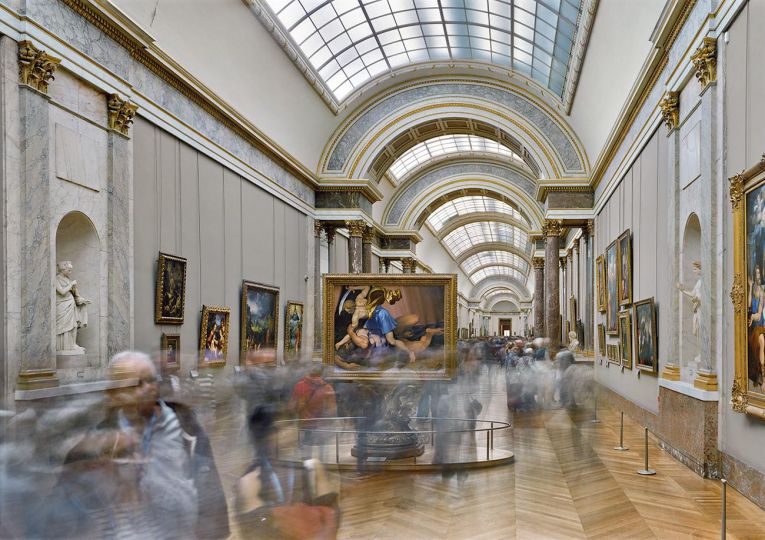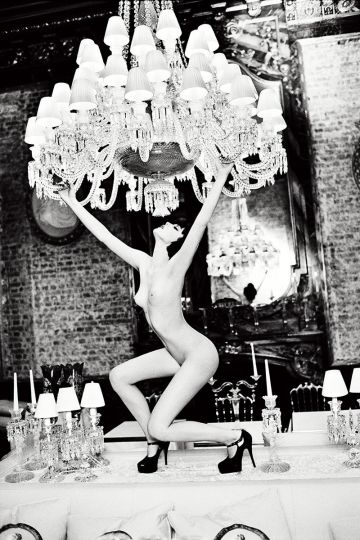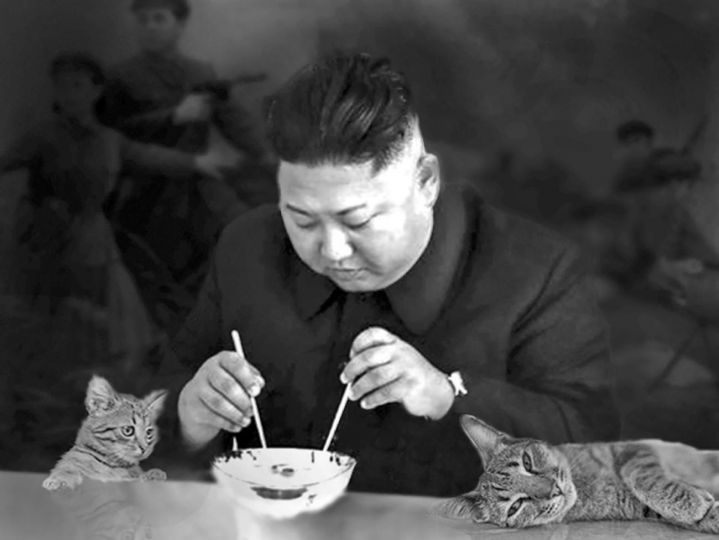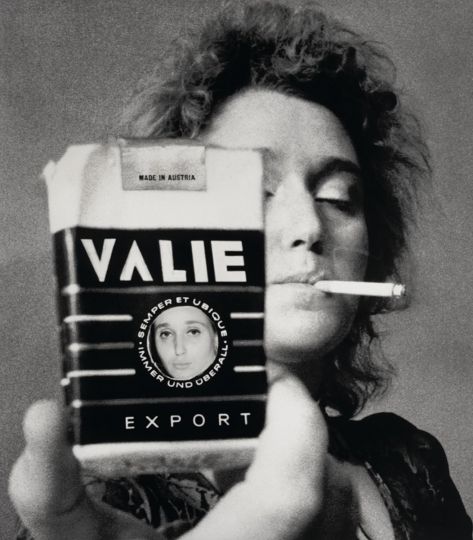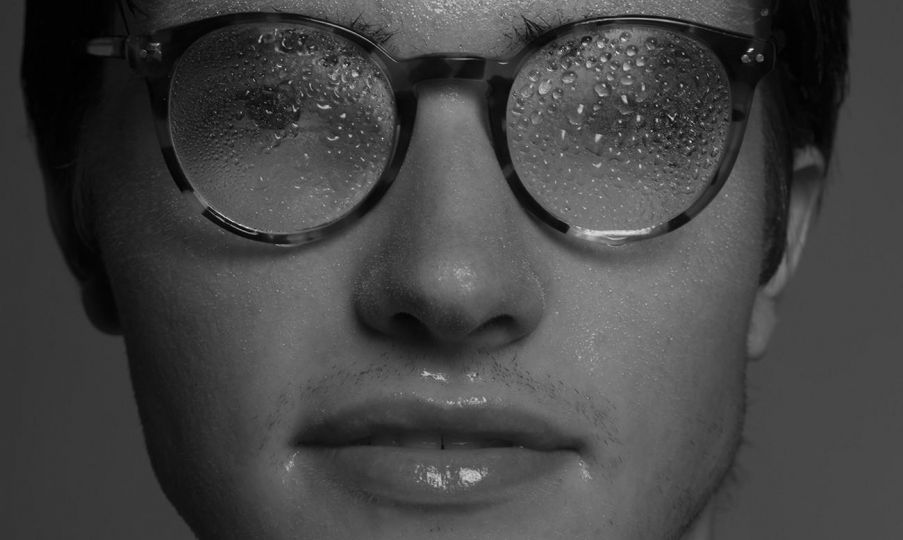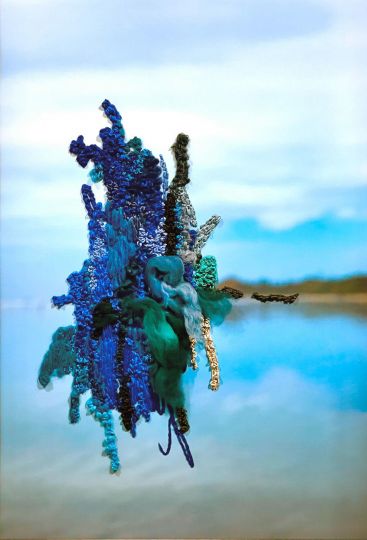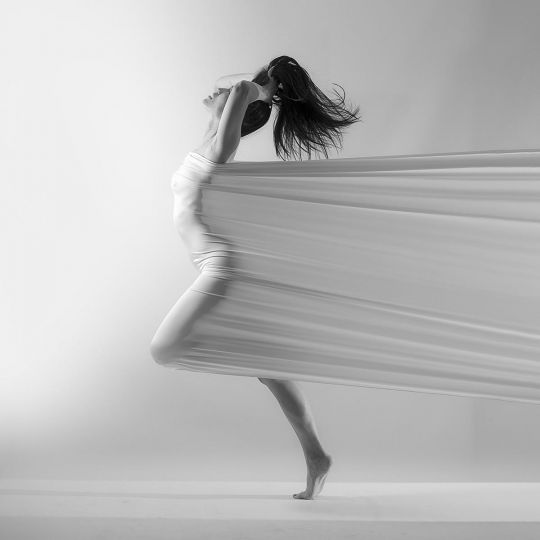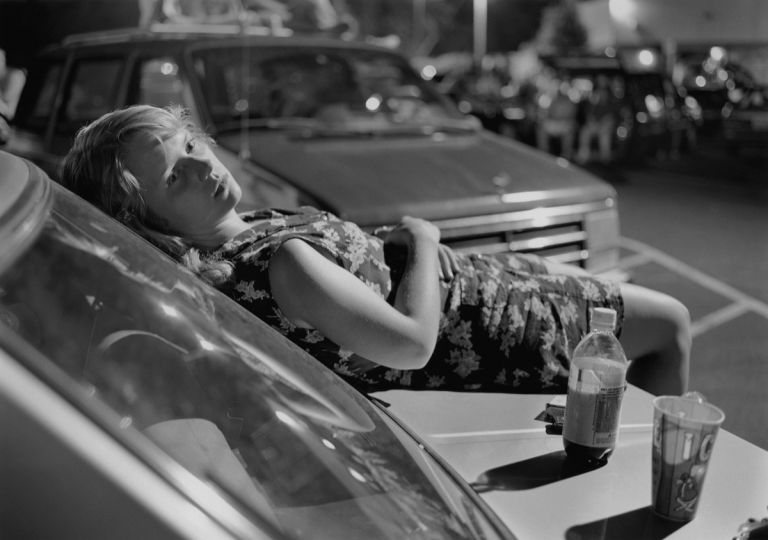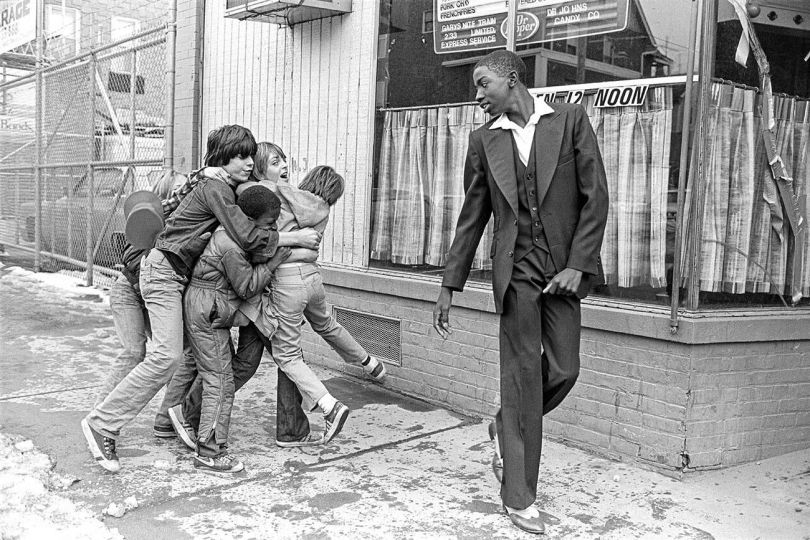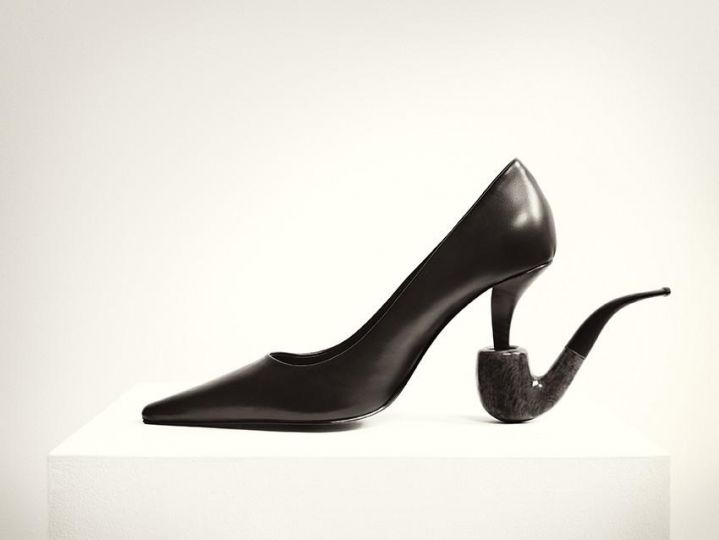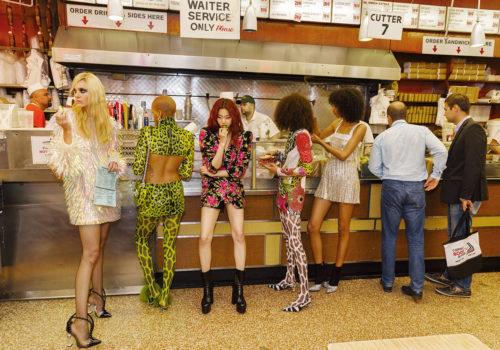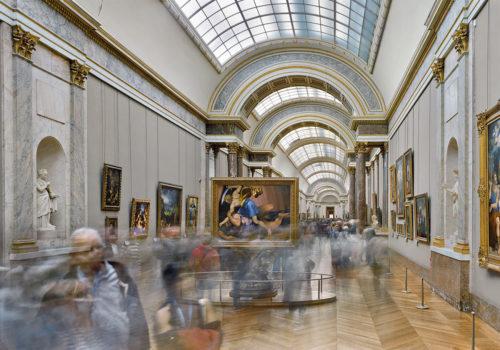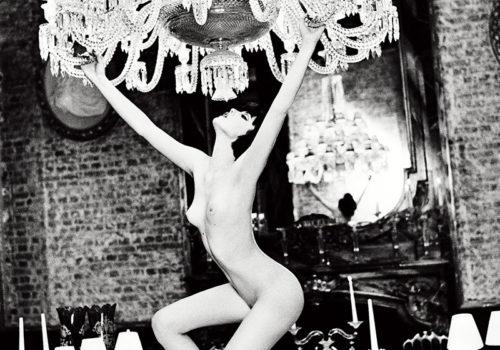Dear Robert Doisneau,
Not so long ago, I was in Montrouge, in your studio, not far from Annette and Francine. Seated at a desk fit for a head of state, I was quickly at ease, as if in my own home. I was still thinking about how we had met, how we had come to talking, with Sebastião Salgado, about everything and nothing, especially about photography. Current news united us, and led to the idea of a dual interview. At the Grande Halle de la Villette you with your years at Renault, and a sublime book-object published by Eric Hazan (I gave my copy to a collector friend, who would have killed me if I had left it on my bookshelf), and Salgado, with his long moustache, his crooner’s voice and giant ongoing fresco, “an homage to blue collar workers, to the working class”.
To illustrate the article, Sylvie Bouvier, then a photo editor at the newspaper Libération, had contacted a photographer in the neighborhood, in Montrouge. And there you were, arm in arm, on the cover of Libération, Tuesday January 3, 1989. Salgado had called me from Orly airport, all riled up: “Brigitte, when I saw the picture with Robert, I thought I was dead!”. You sent me a very nice note, of course.
I always smile when I think of that morning. When I think of you, opening the door of your studio, smelling like Eau Sauvage, your cologne, like Alain Delon on the posters without the cigarette « that had been censured ». Of Sebastião, who was preparing to move to the right bank, whom I would help the next day. We laughed a lot. I spent days and days transcribing the interview, listening over and over to our laughing outbursts , writing down each word, each comma, out of inexperience. It was, I believe, one of my first major stories, and it ran on three pages if you please.
I have since lost the tape and no longer record interviews. Occasionally, near the canal Saint-Martin, I run into Sebastião, still moving mountains, courageous and down to earth, a man of the world, like you in fact. You traveled more than you liked to admit, and even if – so common today – you didn’t speak English, you didn’t see what you were supposed to see, but what you thought worthy of being understood. “The places where people had suffered were more noble and great than those where people were having fun”. I love quoting this phrase that describes you more than any other, even though it was during our interview and you were disappointed to have missed photographing “industrial wastelands, abandoned factories”. A scrapped project, like others.
You left so many pictures behind that even well-informed visitors get lost looking through your rigorously filed archives, suddenly smiling over a portrait curiously overlooked. An unknown face. Un unforgettable scene, strangely forgotten, as if memory couldn’t capture everything, gathering things along the way, like filling a super market caddy according to one’s bank account .
Too many pictures, too much nostalgia, melancholy? Perhaps.
Or perhaps the years, fading away at the speed of light, revealing other stories, often with clarity.
The boys playing soccer on the rue Auguste-Comte, in Paris? I saw them thousands of times, tossing down their sweaters near the Luxembourg park fences, zig zagging between the cars to catch their balls, you immortalized them in 1932, near a bourgeois residence complete with Bluebeard’s tower, for dramatic effect.
This mother with her child, in hand knitted sweater in the street? I found them in dozens of photo albums, and even with Harry Callahan, your American twin, class of 1912. Old-fashioned yet endearing miniatures, like this picture, in Fresnes, taken in 1960. You called it La Carte Perforée, worried about such ugly backgrounds, denouncing them when even the architects considered it normal that poor residents should survive in custom-made cubicles, like dogs. Two memories among so many others, you would be exasperated to listen to my list of favorites, an anachronistic guard of honor.
Dear Robert, you have become a legend. Congratulations. We speak of you everywhere, in the metro, on television, furthermore, the hundredth anniversary of your birth, April 14, 1912, is being celebrated throughout the world, from Japan to Kazakhstan, with exhibitions, books, radio talk shows, special newspaper editions, as celebratory as unexpected love.
I don’t know if a lot has changed since your death. The chestnut trees on the boulevard Arago have become a bit sparse. It has become common to chop down trees and plant artworks, in Paris and in the suburbs. Like in the country and elsewhere, it is exquisite to transform sand deserts into profit-making cultural parks. The ice fields are melting, the nuclear plants are exploding, cars are flying, bees are disappearing, borders are disappearing while other walls are being built, protests, pain, happiness. A constant will for freedom.
I imagine that a sensitive soul has told you about the Les Halles reconstruction site, noise/dust/sweat, anticipating the iinauguration of Les Halles new look, its 21st century version. I would imagine that you have visited the exhibition at the Paris City Hall, prepared by your daughters, Annette Doisneau and Francine Deroudille, with a book published by Flammarion (already in reprint) with an insightful text by Vladimir Vasak. And, every day except Sunday, visitors patiently waiting in line, next to the background of Baiser de l’Hôtel-de-Ville.
They want to hear about you. You are one of us, yet with that rare capacity to conquer space and time. As if you had invented, with photography, not the machine to unwind the past, but the one to erase the future.
But I too, dear Robert, I kiss you.
Affectionately yours,
Brigitte Ollier


